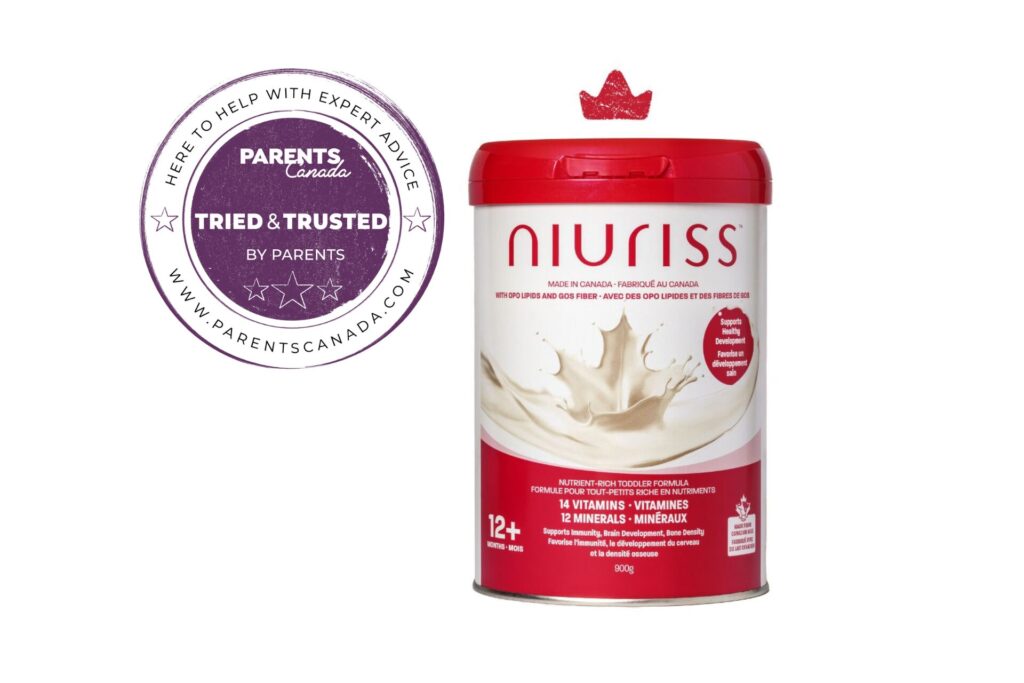 The video starts with a young
The video starts with a young
girl in ponytails asking her dad
repeatedly to colour with her.
The father puts his newspaper
down with a sigh, glances at her
handiwork and barks at her to
“stay in the lines”. Minutes later,
he’s hijacked most of her crayons
and is colouring on his own terms,
oblivious to her disappointment.
Although the vignette is an
exaggerated situation, it’s familiar
territory for me. Inattentive
parent: check. Child desperate for
attention: check.
My husband and I are attending
a 10-week workshop run by the
University of California at Irvine
in conjunction with the Children’s
Hospital of Orange County. The
course, called CUIDAR – which
means “to take care of” in Spanish
– adopted its curriculum from the
Community Parent Education
program (COPE) for parents
whose children have attention
deficit hyperactivity disorder
(ADHD). Psychologist Charles
Cunningham, a professor in the
departmnet of psychiatry and
behavioural neurosciences at
McMaster University in Hamilton,
Ont., developed COPE in the 1990s.
COPE entered the U.S. during a
National Institute of Mental Health
study in early 2001; subsequently
Cunningham taught facilitators at
institutions in Southern California,
New York State and Florida. It’s
since gone global and Cunningham
has trained educators in Sweden
and Norway.
Why take a course?
My husband and I signed up for
the early intervention course
because we want to be calmer
parents. He travels frequently for
work and, when he returns, our
son acts like a Dalmatian at a fire
drill. In a 1,200-sq-ft condo with
two home offices, this isn’t very
comfortable.
Like us, many parents were
barely keeping their head above
water: some needed help with
discipline; others wanted to prep
their kids for kindergarten; some
had extremely shy kids; and some
had children with ADHD.
One of COPE’s goals is to have
parents develop strategies that
encourage positive behaviour,
and to think of all the different
situations in which to apply
them (getting ready for school
or negotiating with siblings, for
example).
The facilitator, typically an early
childhood educator or licensed
clinician, doesn’t give lectures.
Parents watch videos of fabricated
situations, then break into groups
to talk about what went wrong
between parent and child, the
consequences of the interactions
and, based on their personal
experiences, derive solutions. In
the vignette described earlier, the
father should have complimented
his daughter’s colouring skills.
He could have asked her to select
a crayon and made suggestions
on which section of the page to
colour. By showing interest in his
daughter’s activity (and letting her
take the lead), the father showed he
valued and loved her.
Applying the strategy
This technique has worked well
in my family. When my husband
returns from a trip, he spends 15
minutes of dedicated time with our
five-year-old racing trucks down
the hallway. Then our son hops
away content to read or do puzzles
in his play area. Occasionally he
emerges to show us a drawing
but he doesn’t cling and whine all
night. It’s kind of miraculous.
Our facilitator, Hazel Benavides,
also discussed modeling the life
skills we want our children to
possess. In other words, we can’t
expect them to stop shouting
unless we consistently speak
gently. She said it was important
to catch our kids being good
(behaviours that get attention
and recognition tend to repeat)
and she reminded us of the
importance of eye contact and
touch when communicating,
because communication patterns
we develop with our preschoolers
are the ones they’ll likely carry into
adolescence (when the stresses of
high school hit).
Chrysty Hodson, a medical
assistant in Huntington Beach,
Calif., is a foster parent to three
boys ages eight, six and five, and a
three-year-old girl, all with ADHD.
CUIDAR changed the way she
communicates with them. “I really
thought I was good at giving each
kid individual attention, but I was
wrong,” she says. “When I started
getting down to their level and
letting them direct the play, they
just beamed.” For Chrysty, that was
the best part of the whole class.
Us too.
Long-distance parenting classes
Following six years of
published clinical trials,
an adapted version of
COPE called “Strongest
Families” is available in
select health districts
in British Columbia,
Alberta, Ontario, and
Nova Scotia. The 10-week
course delivers care longdistance,
via telephone
and the Internet. Parents
work online with a les son
manual and DVDs and
have weekly calls with
a trained coach at their
convenience. There’s
no charge but your
health authority must
contract the program
from the Strongest
Families Institute,
a not-for-profit that sells
services, materials and
training.
Originally published in ParentsCanada magazine, October 2013.








